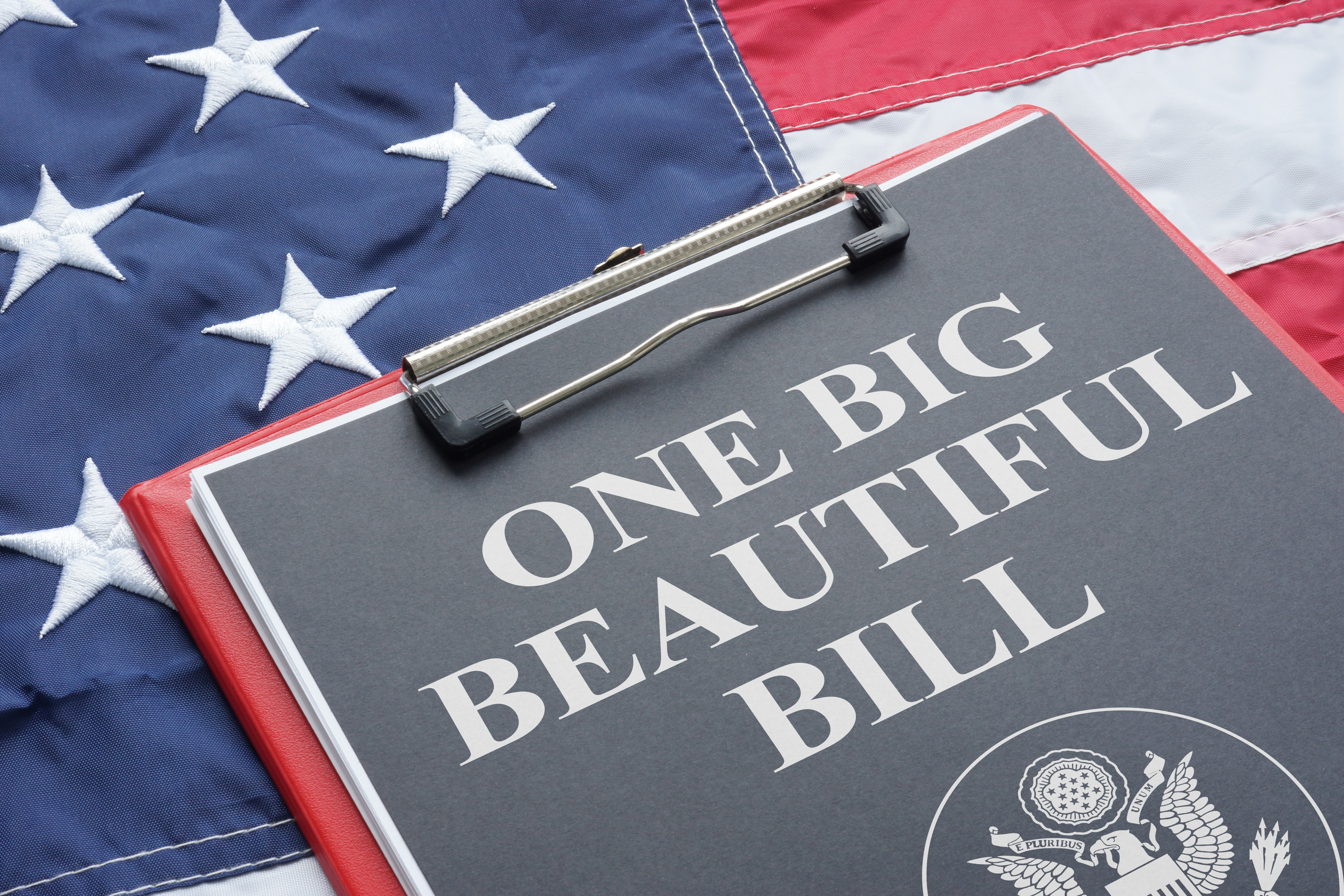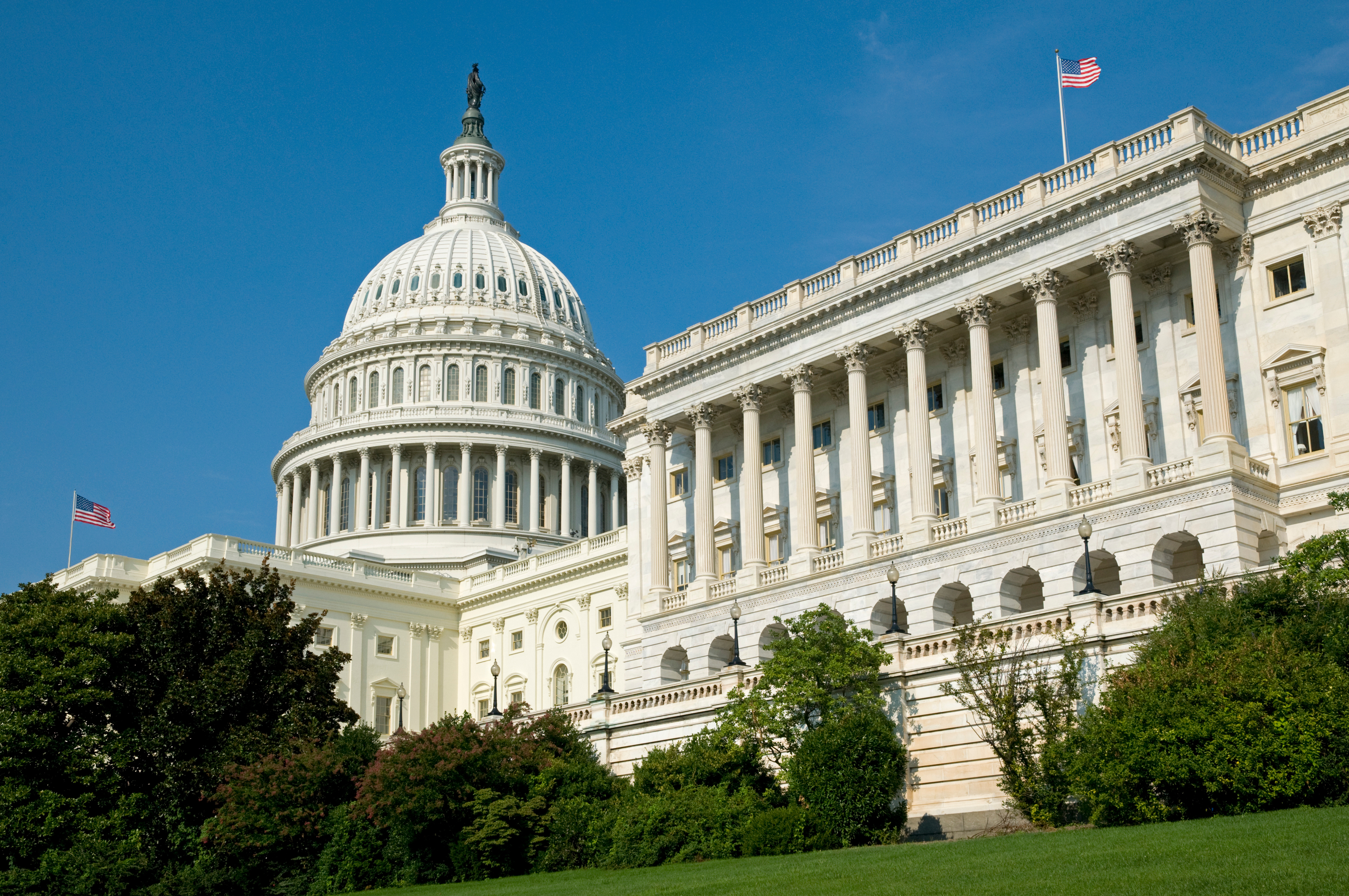The One Big Beautiful Bill Act (OBBBA), signed on July 4, 2025, brings sweeping tax changes that will touch nearly every corner of the nonprofit sector. While there are a few bright spots, much of the legislation introduces new costs, tighter rules, and more reporting requirements.
The One, Big Beautiful Bill Act (OBBBA) contains a major overhaul to an outdated IRS requirement. Beginning with payments made in 2026, the new law raises the threshold for information reporting on certain business payments from $600 to $2,000. Beginning in 2027, the threshold amount will be adjusted for inflation.
After months of debate, the One Big Beautiful Bill Act (OBBBA) has become law, bringing sweeping changes to the U.S. tax code for both individuals and businesses. Below is a breakdown of a few of the most significant provisions, along with actionable planning insights. We will be providing a much deeper dive into this bill in the coming weeks.
The Senate is currently in a marathon “vote‑a‑rama” phase, reviewing hundreds of amendments to the “One Big Beautiful Bill” (OBBBA) passed by the House in May. That means significant changes remain possible before a final Senate vote—expected this week—followed by a return to the House and, ultimately, the President’s signature.
On May 22, 2025, the U.S. House of Representatives narrowly passed a comprehensive tax and spending bill, often referred to as the "One Big Beautiful Bill Act." This legislation encompasses significant tax reforms and spending measures. The bill now advances to the Senate, where it faces potential revisions and debates.
Effective in March 2024, the US Department of Labor has issued a final rule on how workers are classified under the Fair Labor Standards Act (FLSA). This rule was issued to assist employers in determining the status of employees vs. independent contractors, which is especially critical in managing minimum wage and overtime requirements.
The Employee Retention Tax Credit (ERTC) was introduced during the pandemic, when COVID-19 temporarily closed many businesses. The credit provided cash that helped enable struggling businesses to retain employees. Although the ERTC expired for most employers at the end of the third quarter of 2021, it could still be claimed on amended returns after that.
Starting in 2024, many entities created in or registered to do business in the United States will be required to report information about their beneficial owners – the individuals who ultimately own or control a company – to the Financial Crimes Enforcement Network (FinCEN). FinCEN has published a guide to help small businesses navigate the new rules for reporting beneficial ownership information (BOI).











